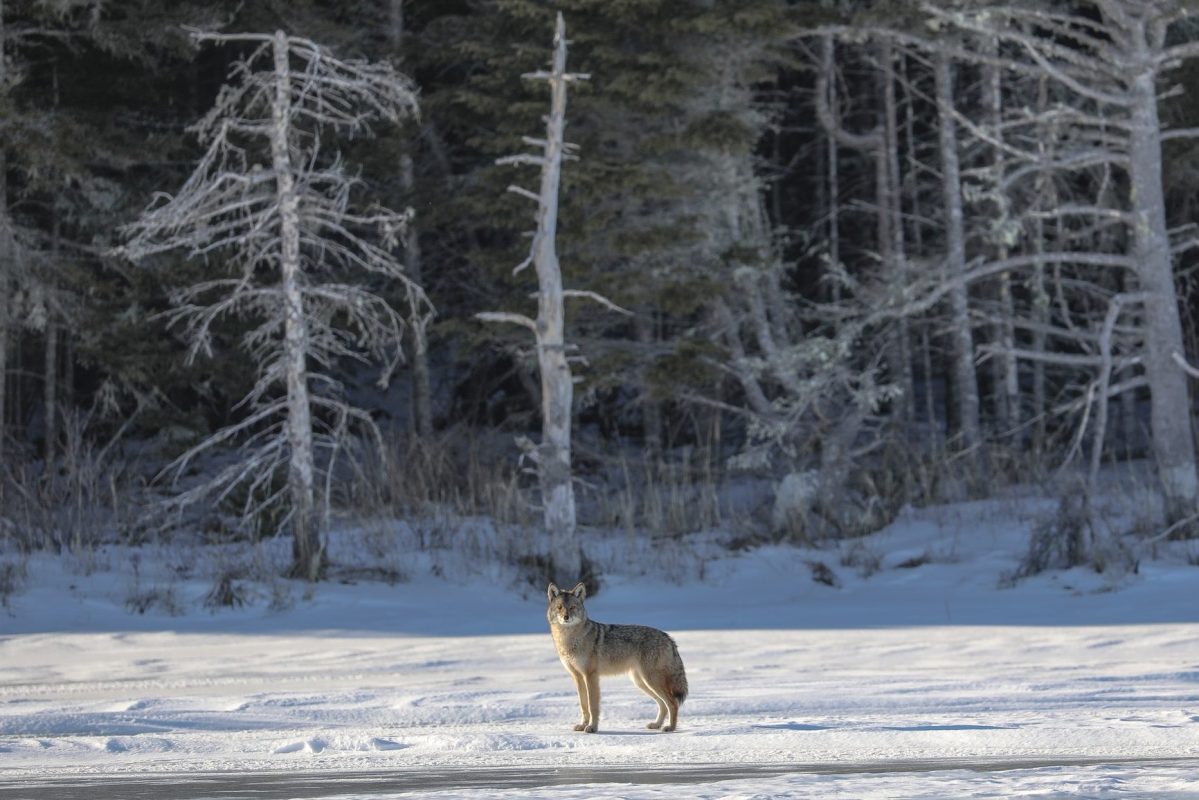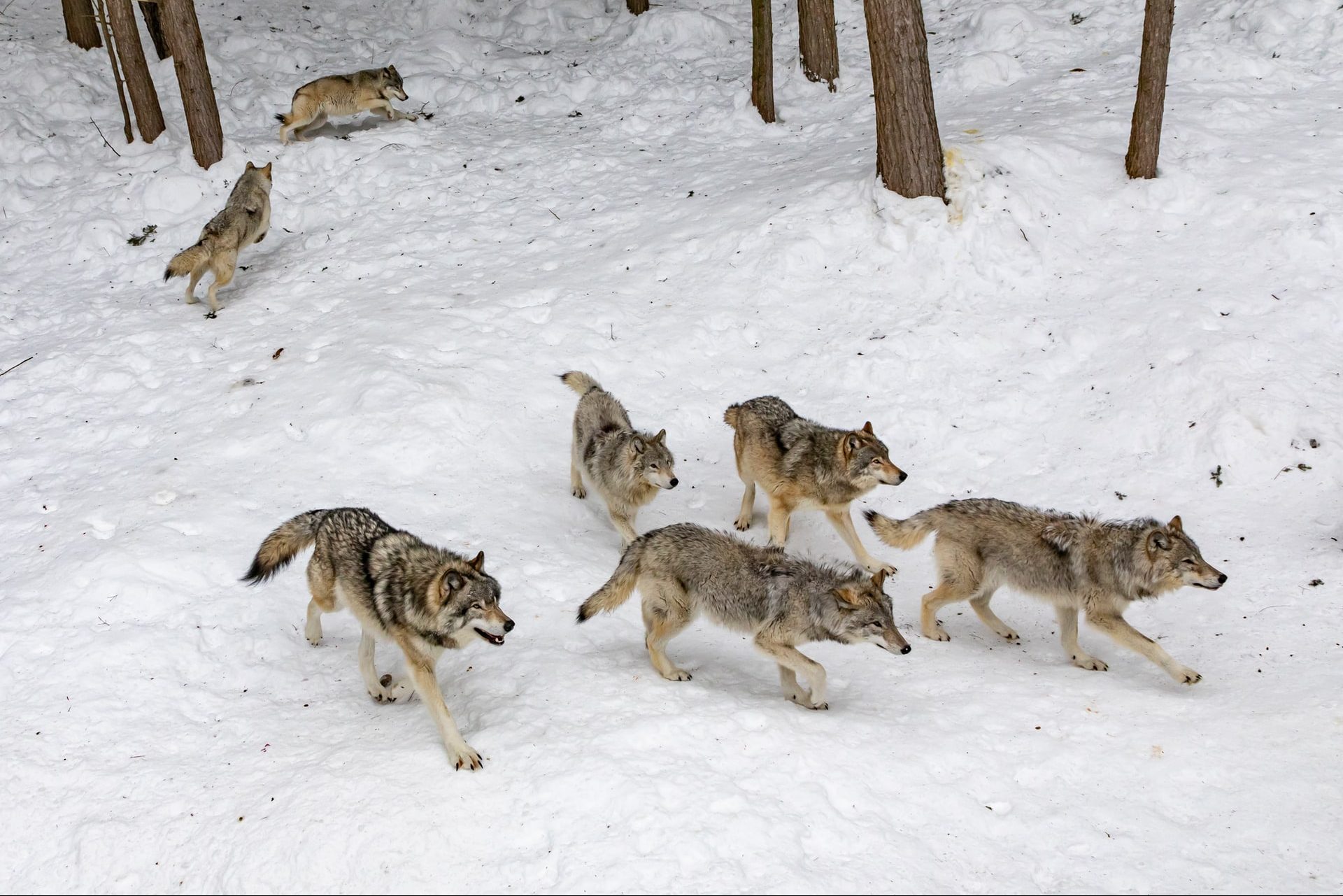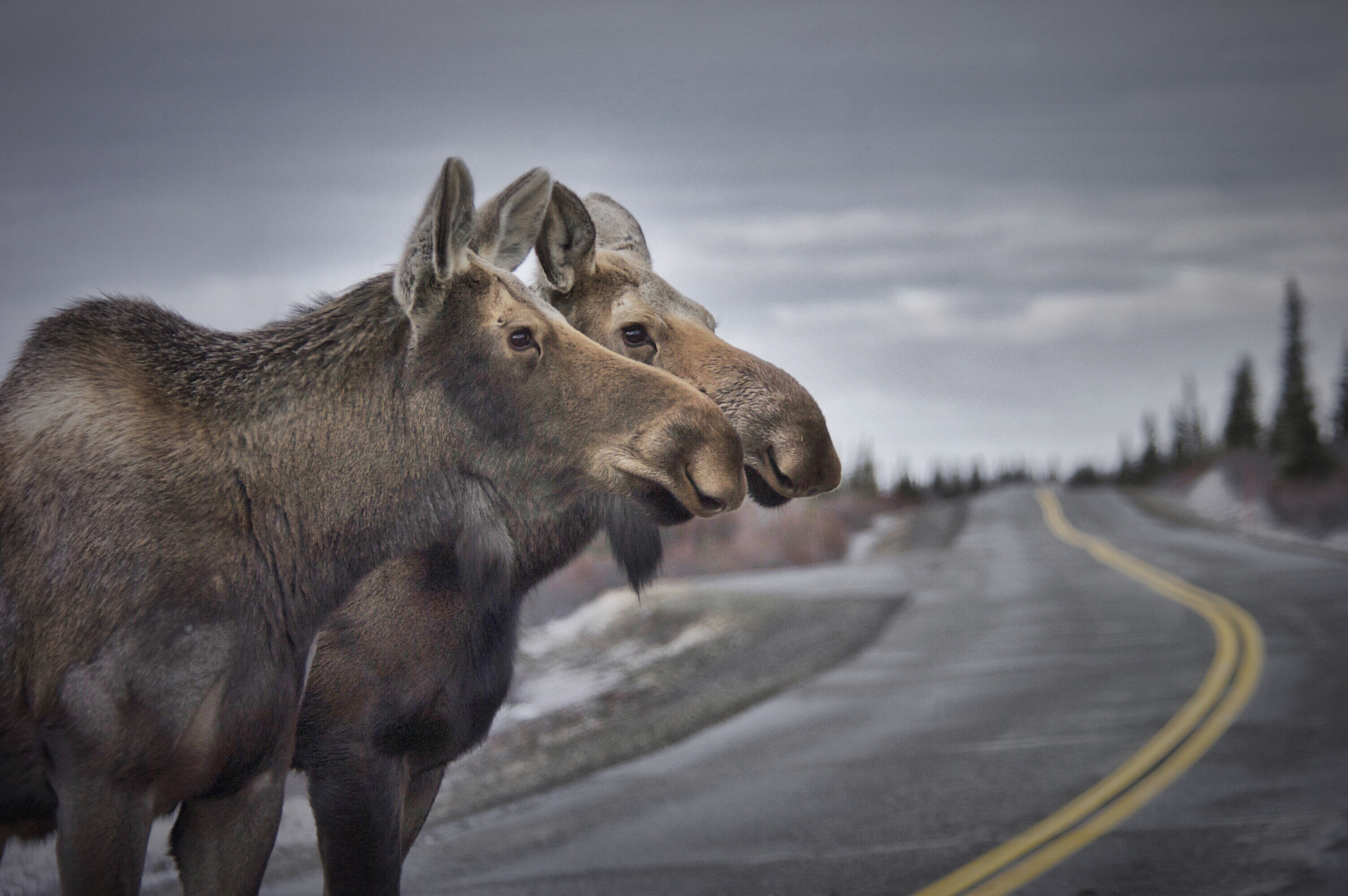Wolves and mountain lions both rest comfortably near the tops of various people’s lists of animals they’d prefer not to encounter in the wild, and for good reason. Speed, sharp teeth and a penchant for hunting all make both species ones to be wary of. But it turns out that wolves and mountain lions, while not the most human-friendly of species, also have a strong dislike for one another — and it’s something that has a substantial influence on their ecosystems.
A new article by Rasha Aridi at Smithsonian Magazine explores the tense ways the two species interact in the wild. Aridi introduces the reader to Mark Elbroch, whose work includes researching the interactions of wolf packs and mountain lions in the Tetons. What do those interactions include? Among other things, they include wolves snacking on mountain lion kittens, something Elbroch describes as “hard for us to watch.”
Elbroch is one of the authors of a recent study that explores the conflict between these two species. Wolves preying on kittens is one way wolves are detrimental to mountain lions. The other? By depriving adult mountain lions of food — Elbroch has a theory that elk in particular factor in to this — leading to the big cats’ starvation.
While hunters also threaten mountain lion populations, the new study suggests that wolves are a bigger threat than previously believed. One expert Aridi spoke with made the case for a moratorium on hunting mountain lions until their population could stabilize somewhat. It’s a fascinating (and, at times, disconcerting) glimpse into the way inter-species conflict can play out — and the larger repercussions of that conflict.
Thanks for reading InsideHook. Sign up for our daily newsletter and be in the know.

















